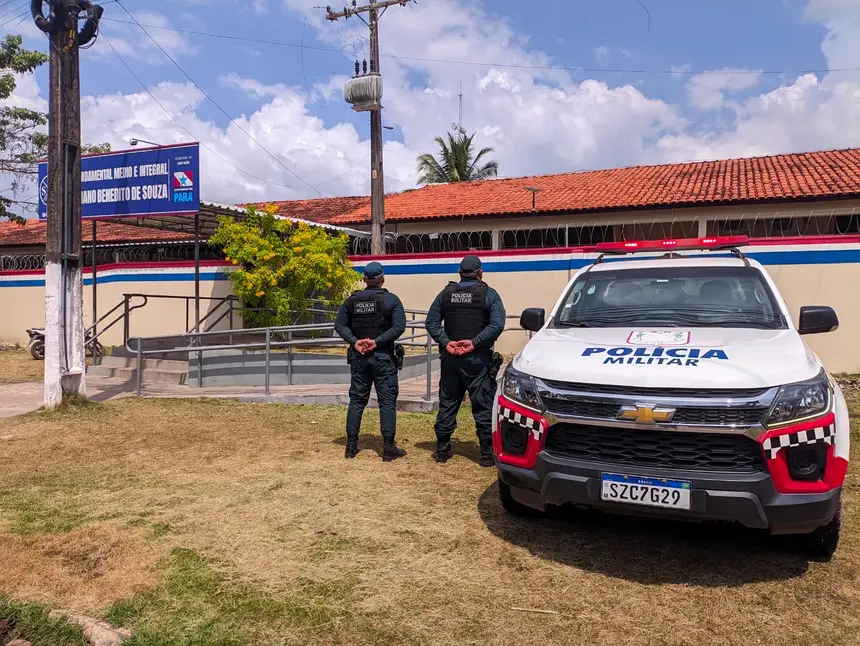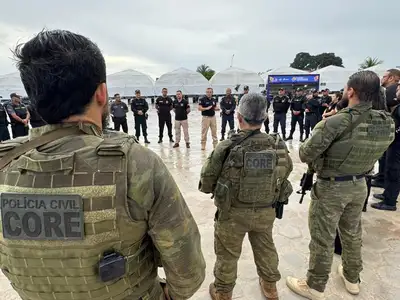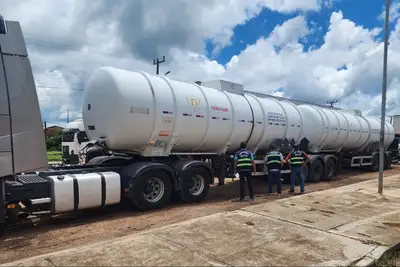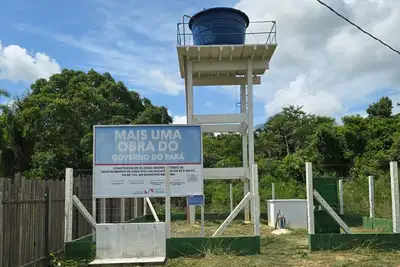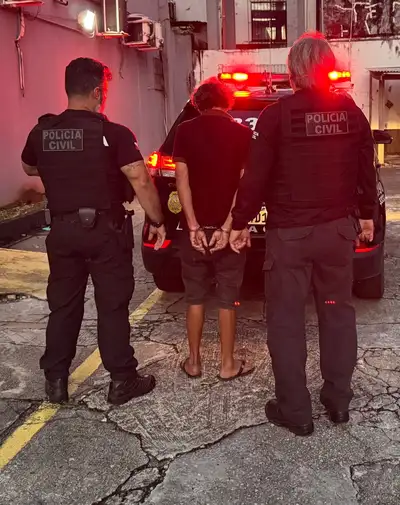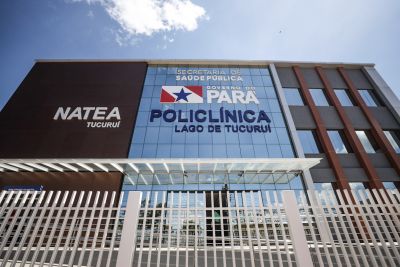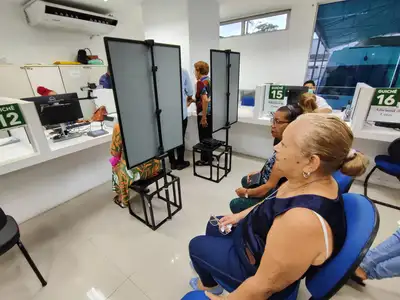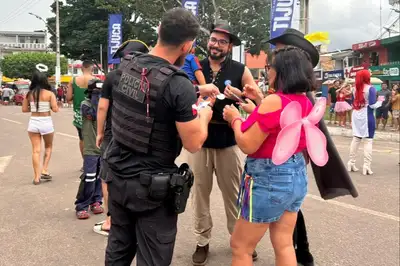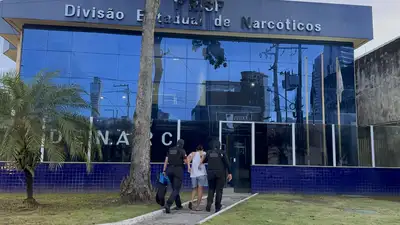Report shows expansion of school policing and strengthening of the culture of peace
The Safe School Program presents results that consolidate its strategic role in protecting the school community throughout Pará
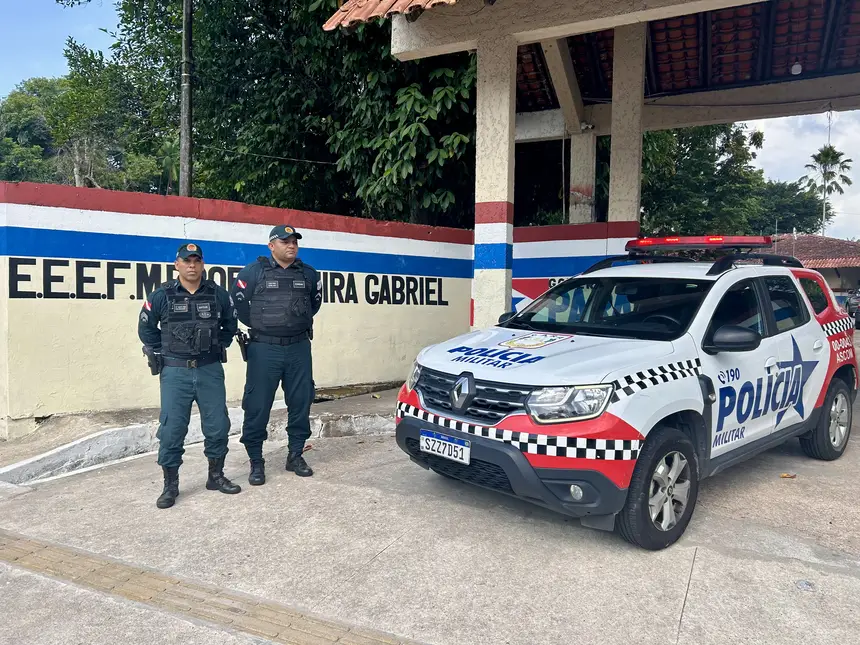
“I feel safe knowing that there is policing in the school environment. Teenagers go through conflicts and, often, the presence of the police helps to prevent situations of violence inside classrooms and school spaces. For me, it is important to know that this service is available and that it brings children closer to the work of the police. My daughter likes it, talks to the police officers, understands their role, and feels in a much safer environment,” reported Mrs. Cláudia Moura, mother of a student at Barão do Rio Branco School in Belém, stating that the police presence in schools has made a difference in her daughter's routine.
Two years after being established by Law No. 9,900, published on May 3, 2023, the Safe School Program presents results that consolidate its strategic role in protecting the school community throughout Pará. The program has evolved from an emergency action to a permanent policy for strengthening security and coexistence in schools.
The Government of Pará maintains 646 military police officers daily in the school environment, through Decentralized Execution Terms established between Seduc and the Military Police. The number of schools served has also significantly increased: currently, there are 319 units with fixed policing, distributed across more than 100 municipalities in Pará.
With the acquisition of four vehicles, which operate in the capital and the metropolitan region, the reinforcement in schools has become even greater, in addition to the constant support from area units and the School Battalion, a specialized and exclusive unit in Belém.
The planning and monitoring work is conducted by 16 reserve colonels acting as public security advisors alongside the Regional Education Directorates. This number is expected to increase in 2026, expanding direct service to the regions and allowing for a closer approach to the reality of each territory. These officers map schools with the highest vulnerability, indicate policing priorities, and monitor security routines in the network.
Among the recorded advances, the consolidation of actions promoting the culture of peace is also highlighted. The reserve colonel, Elis Ramos, advisor to the Public Security and School Protection Center (Nuspe) of Seduc, explains that the program has expanded: “We started a formative work with lectures on Bullying and Cyberbullying, suicide prevention, strengthening bonds through conversation circles, mediations with families, and restorative justice circles, developed after training received at the Court of Justice. The set of actions occurs in partnership with the Civil Police, Fire Department, and the Psychosocial Center of Seduc, which works on themes such as suicide prevention and strengthening bonds,” explained the colonel.
Head of Nuspe, reserve colonel Robinson Bezerra, spoke about the importance of police presence in schools: “The report presented indicates that the constant presence of military personnel in schools has reduced risk situations, increased the sense of security, and strengthened the relationship between school management, students, and security forces. With the program provided for by law, Seduc and the Military Police are already planning the expansion of teams and territorial reach, reinforcing the expectation that the Safe School Program will continue to advance as a continuous and structured public policy. Our goal is to increasingly expand our police attention focused on the school environment,” highlighted the head of the Center.


